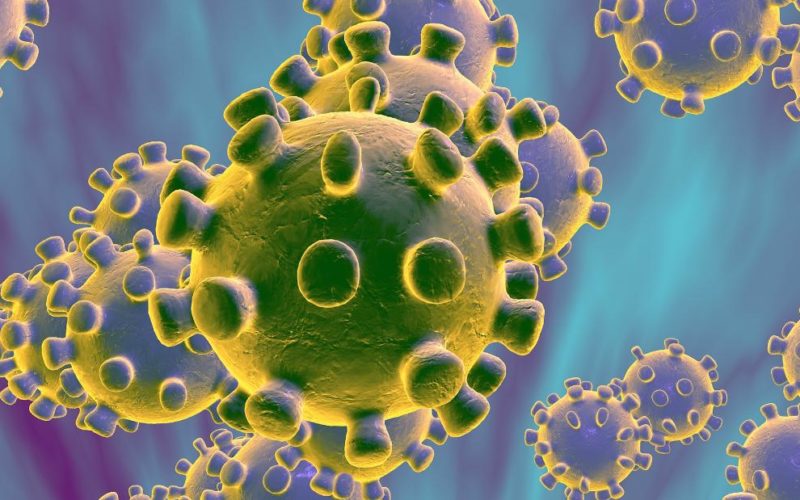
Corona viruses are a large cluster of viruses that are common among animals. They can rarely transmitted from animals to humans. Thus they are called as ‘Zoonotic’ by scientists. The viruses can make people sick, usually with a mild to moderate upper respiratory tract illness, similar to a common cold.
Infection:
They are transmitted by aerosols secretions from respiratory tract. It has an incubation period of two days to a week, eliminating virus for one week.
Diseases caused by Corona viruses:
Coronaviruses primarily infect the upper respiratory and gastrointestinal tract of mammals and birds. Six different currently known strains of coronaviruses infect humans. The most recently publicized human coronaviruses causes SARS (Severe acute respiratory syndrome), known as SARS-CoV, has a unique pathogenesis because it causes upper and lower respiratory tract infections and can also cause gastroenteritis. Coronaviruses can also cause pneumonia, either direct viral pneumonia or secondary bacterial pneumonia.
Symptoms
Patient can be diagnosed with Runny nose, sore throat, headache, fever, cough and feeling of being unwell. For those with a weakened immune system, the elderly and the very young, there is a chance the virus could cause a lower, and much more serious, respiratory illness like a pneumonia or bronchitis.
Prevention
There are currently no vaccines available to protect you against human coronavirus infection. Transmission is reduced through:
– Washing your hands often with soap and water
– Avoiding touching eyes, nose, or mouth with unwashed hands
– Avoiding close contact with people who are sick
– If you are mildly sick, keep yourself hydrated, stay at home, and rest.
– If you are concerned about your symptoms, you should see your healthcare provider.
– Cover your cough or sneeze with a tissue, then throw the tissue in the trash.
– Clean and disinfect frequently touched objects and surfaces.
WHO concerns:
After the deadly coronavirus outbreak killed 17 out of 33 people who contracted it in Saudi Arabia in the past year, the World Health Organization (WHO) has pledged to further investigate the disease spread before millions of Muslims descend on holy sites in Mecca and Medina during the Hajj pilgrimage season in October.
The Hajj pilgrimage is one of the largest mass gatherings in the world, bringing about 3 million ethnically diverse Muslims to Mecca each year, according to estimates from the Center for disease control and prevention (CDC).
Globally, from September 2012 to date, WHO has been informed of a total of 153 laboratory-confirmed cases of infection with MERS-CoV, including 64 deaths.
Treatment:
You can treat a coronavirus infection the same way you treat a cold like:
– Get plenty of rest
– Drink fluids
– Take over the counter (OTC) medicines for a sore throat and fever. But you should not use Aspirin, use Ibuprofen or Acetaminophen instead.
– A humidifier or steamy shower can also help to ease a sore throat and scratchy throat.





